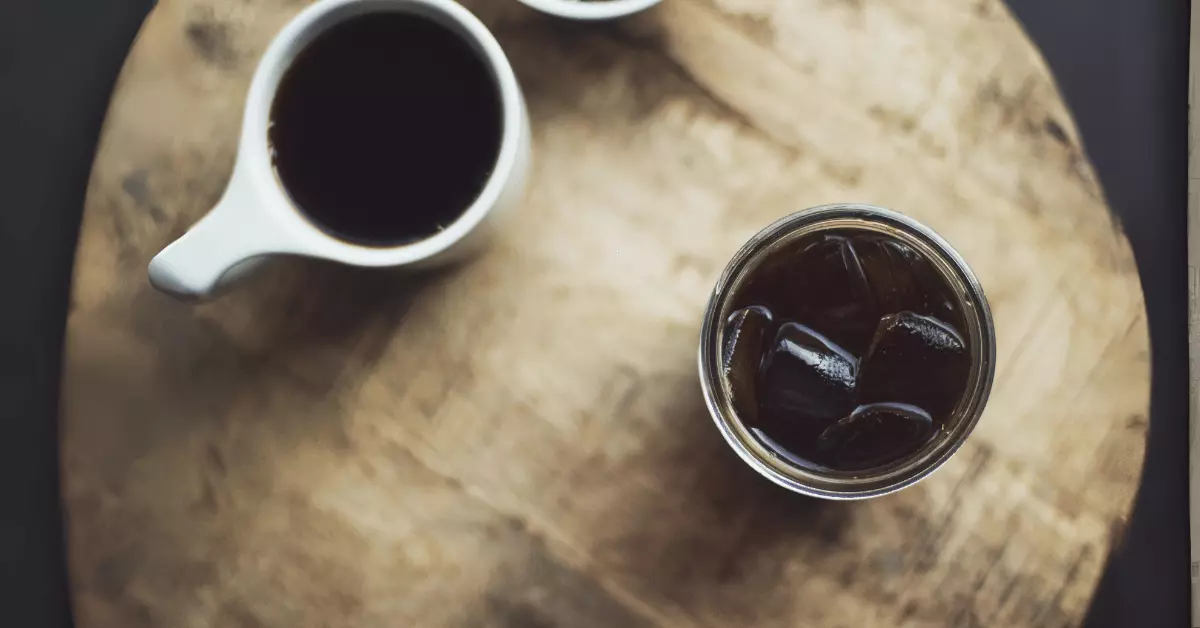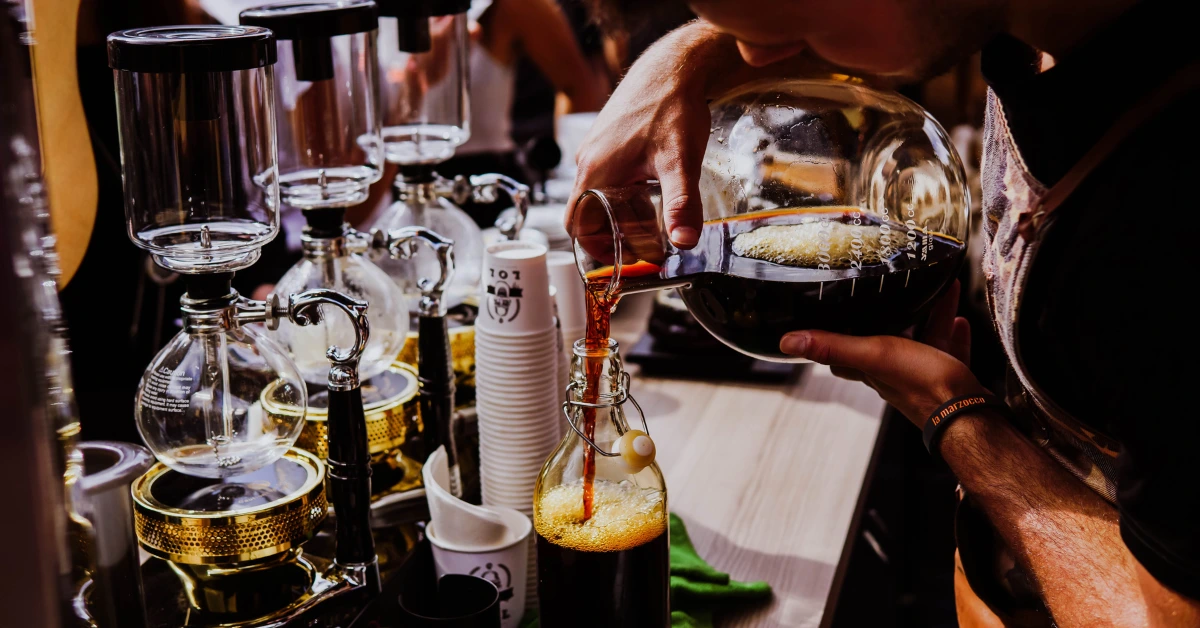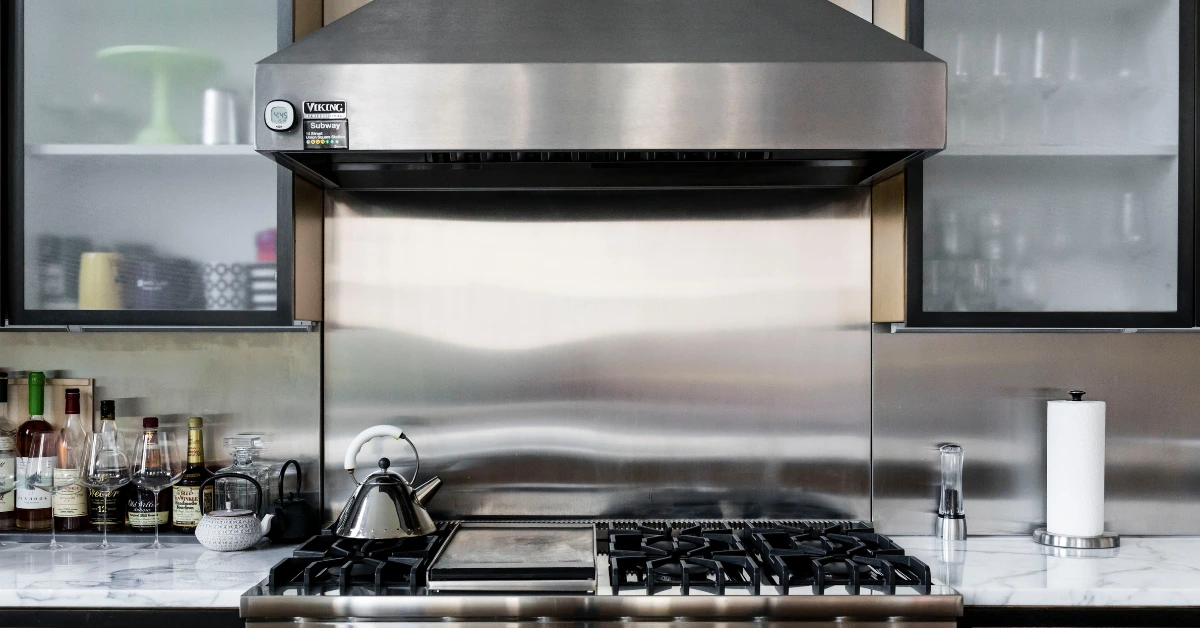
Concentrated cold brew can be kept up to 2 weeks in a fridge, though some say 7-10 days is the optimal time. However, concentrated cold brew can last for a maximum of 2-3 days outside of the fridge because of bacterial growth. On the other hand diluted cold brew lasts for 2-3 days in the fridge, and only 24 hours outside the fridge. The addition of milk-type products may further shorten the lifespan of the cold brew.
This is the shortest and most straightforward answer for people in a rush which may be right 70% of the time. However, other factors contribute to the shelf life of the coffee both in the fridge and outside the fridge.
Keeping Coffee Fresh: Grounds, Brewed, and Cold Brew Lifespan

Grounds vs brewed coffee: freshly ground beans can hold their shelf life for up to 2 months. Their aroma is tucked under a protective layer of oils. Brewed coffee, however, starts to lose its aroma & freshness after just 3-4 days at room temperature. This is because oxidation takes part and it steals the aroma & freshness of the coffee.
Cold brew: cold brew has the highest longevity among all types of coffee. This low acidic, slow-brewed concentrate can stay fresh for 2-3 weeks in the fridge. Special thanks to its cold temperature that slows down the bacterial growth, and aging process. Diluted cold brew, however, has a shorter shelf life. It lasts only 5 days before oxidation takes place and ruins its flavour.
Milk or cream: adding milk or cream is like inviting the faster aging process to the party. Unfortunately, milk or any type of milk-related product helps with bacterial growth, and it shortens the life span of any coffee.
Brews with milk added in them last for a maximum of 2 hours at room temperature, 1-2 days in the fridge. So, milk is not a good thing to keep stored.
Here’s a chart that helps you compare better which can be stored for how many days.
| Coffee Type | Room Temp | Fridge | Notes | Source |
| Grounds | 2 months | N/A | Stored airtight and away from light and heat | National Coffee Association USA |
| Brewed Coffee | 3-4 days | 3-4 days | Seal it up and keep it cold | Coffee research institute |
| Cold Brew concentrate | 2-3 weeks | Up to 2 months | Seal it properly | Healthline |
| Cold Brew (Diluted) | 5-7 days | N/A | Enjoy soon | SCA Specialty Coffee Association |
| Milky Coffee | 2 hours | 1-2 days | Treat it like a delicate drink of life | International Dairy Foods Association |
Storing Cold Brew at Room Temperature

If you are reading this, then I suppose either you are too curious to know about storing coffee or you do not have a fridge. Jokes aside there are ways to store coffee at room temperature. This is extremely mandatory for people who do not have a fridge
Vacuum Sealing: Seal your coffee in a bag to remove all the air from getting in touch with the coffee. It will help to keep it fresh longer even at room temperature.
Nitrogen Flush: I know it doesn’t sound practical to you, because not many people can actually flash with nitrogen. However, replacing the air with nitrogen can keep your coffee fresh for up to 6 months. Does it feel good now? Yes, nitrogen creates a safe environment that slows down the aging process so much that it can keep fresh for 6 months.
Freezing Magic: This one is the most practical one, but if you have a fridge it’s better. If you want to store your coffee for a long time, just make ice cubes with your coffee and put them somewhere they will remain ice cubes. Whenever you need a quick iced coffee, just grab a cube or two. Keep in mind, that freezing can change the texture a bit.
Among these tricks, the ice cube trick sounded the most practical of them all for me. Especially as i have a fridge I make ice cubes from coffee, and store them in the deep fridge. I keep them ice cubes, and in summer I can have iced coffee whenever I want. It’s like a hack for my coffee routine.
Brewing techniques to increase the shelf life
Consider these brewing techniques to increase the shelf life of your coffee.
Acidity control: Using beans that have low acidity or adjusting the brewing time ( shorter brewing time for less acidity) can further increase the shelf life. Research by the SCA suggests that low-acidity cold brews can last up to 10 days at room temperature.
Water filtration: Hard water can invite minerals that may affect the taste and longevity of the coffee. Use filtered water or spring water for a purer brew.
Cleanliness is the key: Ensure that all your equipment is sanitized properly. This is to avoid any bacterial growth, that may impact the shelf life significantly.
Dark Roast: Light roast beans offer brighter notes, and dark roasted beans generally offer less bright notes. They contain less acid and hold its freshness for a longer time.
3 Signs that Your Coffee Has Expired
Bland Taste: The lively flavors disappear, and you’re left with a dull, stale sip that lacks freshness.
More Acidity: As time goes by, coffee gets more acidic, which might upset your stomach.
Less Caffeine Buzz: Your energy boost fades away, making you feel more sluggish than supercharged.
Freshness: Trust your tastebuds
Still not sure about the freshness of the coffee? If you are into science use pH testing to check acidity levels. Remember the lower the better.
3 Factors that Affect Lifespan
- Storage container: Use an airtight container made of glass or plastic to minimize oxidation and contamination.
- Exposure to air: Frequent opening and closing of the container shortens the shelf life. Consider dividing the concentrate into smaller portions to limit exposure.
- Bean freshness: Using fresh, high-quality beans contributes to a longer shelf life.
Can Reheating Coffee Make Things Alright?
A study by the NCA found that reheating brewed coffee at boiling temperature (100 C) leads to a 30% decrease in antioxidant activity. Well, a question I get from many people is that they had coffee left at room temperature and then the next day they reheated it a bit and then drank it. Is it going to cost them big time?
Well, it depends, if it is a latte or any coffee that has milk or cream in it, then it’s better not to drink it. If it doesn’t contain any type of milk or cream than its totally fine. What you can do is try to go soft on reheating the coffee. Go for gentle methods like stovetop simmering (low heat, bo boiling). A simple reminder is that reheated coffee will never be as vibrant as it was when brewed.
Additives that Affect the Lifespan of Cold Brew
Milk and Cream: These creamy companions help the bacteria to grow fast and as a result reduce shelf life. Enjoy milky brews within 2 hours at room temperature and 1-2 days in the fridge.
Alternatives: Choose plant-based milk like soy milk or almond milk. They usually last longer than dairy milk. But keep in mind, even these can make your cold brew go bad faster, so drink it within 48 hours when stored in the fridge.
Sugars and Syrups: These sugary pals make things sweeter but also bring in moisture, making a suitable place for bacteria. If your cold brew is sweetened, drink it within 1-2 days when kept in the fridge. If you want to keep it longer, skip adding anything sugary.
Alternatives: Consider natural sweeteners like stevia or monk fruit extract, which have minimal impact on shelf life. Remember, moderation is key with any sweetener.
Spices and Extracts: Adding a bit of cinnamon or vanilla to your cold brew usually won’t affect how long it stays good. But watch out for extracts, since they have a lot of sugar, and might make your brew not last as long. If you’ve spiced up your cold brew, try to drink it within 3-4 days when it’s in the fridge.
Preservatives
Preservatives are natural components to preserve your coffee, they normally increase the shelf life of anything including cold brew. Let’s see which ones you can use.
Citric Acid: This natural preservative can slightly decrease acidity, potentially extending shelf life. However, research its potential interaction with other ingredients before using.
Nitrogen Flush: This technology creates an inactive environment, potentially doubling your cold brew’s shelf life. However, it requires technological equipment and might not be available to everyone.
Bonus Tip: To keep your cold brew for a longer time, freeze it in ice cube trays! When you want a fast and chilly treat, just melt the cubes. It’s super convenient to have a cold brew ready to enjoy whenever you feel like it.
Conclusion
There you are, all equipped with everything you need to know about how long is cold brew good for. Now, you know why it lasts longer, why it lasts shorter. Now you know how to manipulate the shelf life through science. However, if you want to know more about tips and tricks of coffee then follow us on “coffee blog mart”. We have tons of valuable information for you available there.

I am Mojoon, a certified and award-winning barista by choice, with 7 years of experience in the field. I have served and trained coffee shop baristas worldwide. I worked at Krispy Kreme for an extended period, and now I aim to help regular people brew coffee like me. I pursue this job with my passion for writing and also provide one-on-one coaching for newly minted baristas.